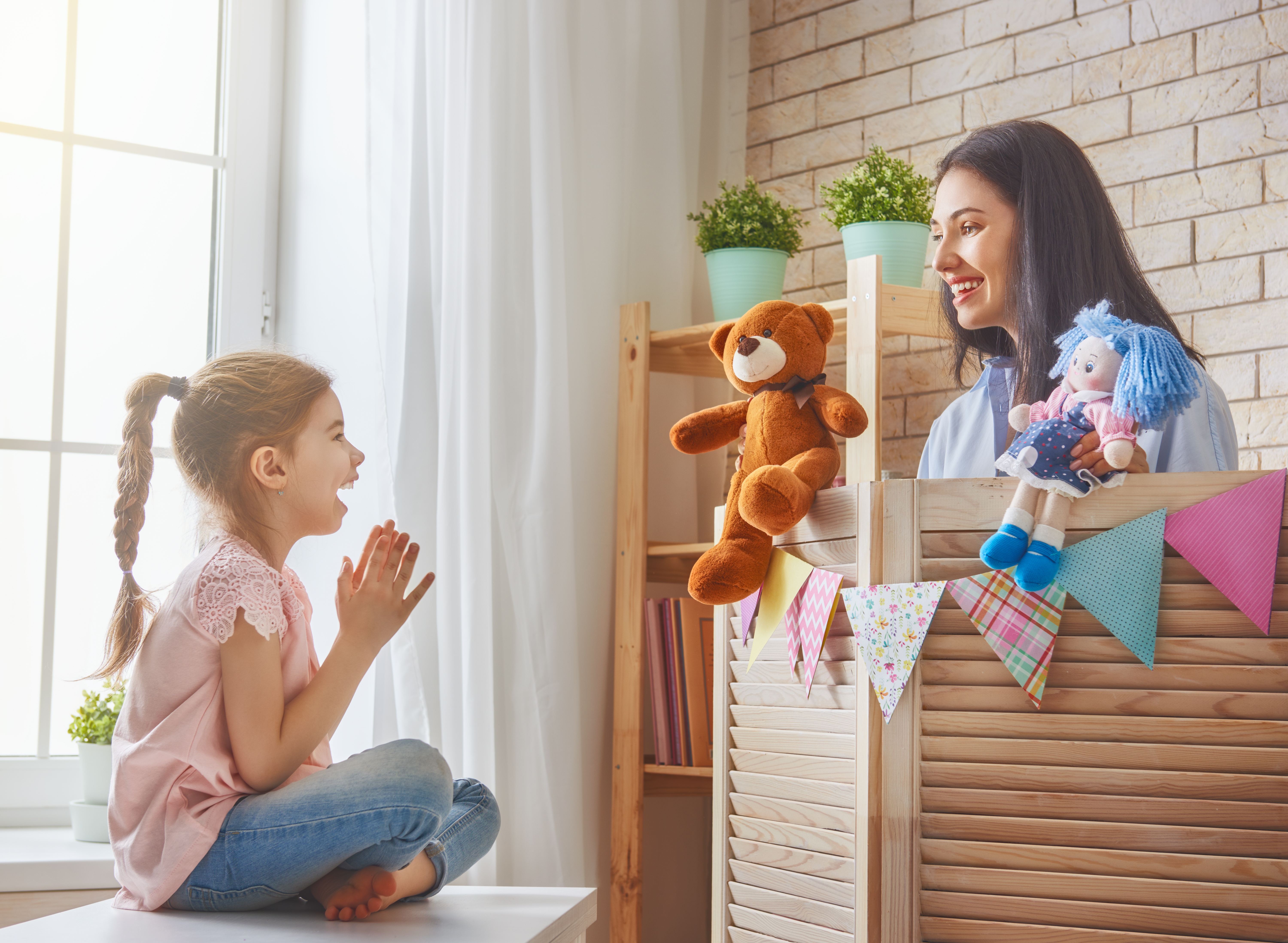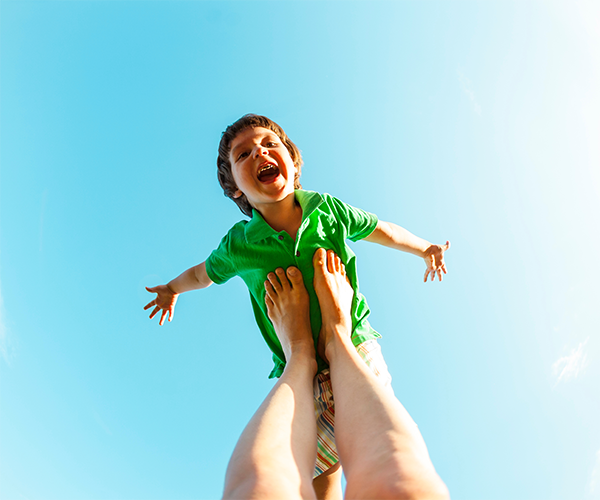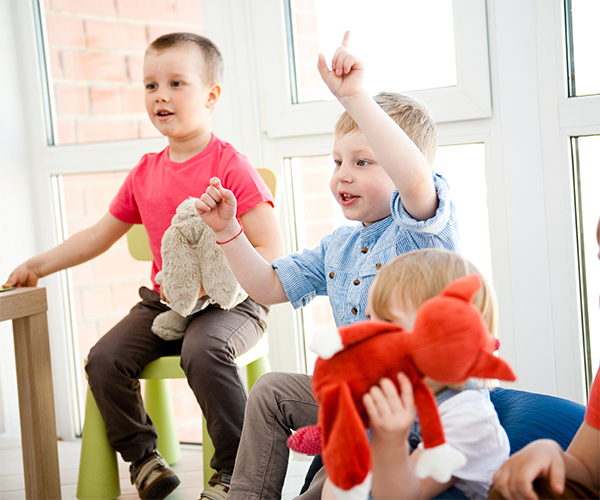We use social skills to communicate and interact with people around us
Strong social skills help us to pick up on social rules and cues and they help us succeed in life in academic and professional surroundings. Many children with special needs find developing social skills a challenge. They will need support and encouragement to practise these skills; taking turns, respecting other players, understanding rules, sequencing activities and keeping a conversation going. These skills need modelling and practice. If your child has had a recent diagnosis and you’re wondering how to help them make friends and play with others,
read on!
Visit the EdPlace SEND hub for more information about Social Interaction, Autism Spectrum Disorder, Speech and Language Support and Foetal Alcohol Spectrum Disorder.
Playing the game, or at least initiating the interaction when your child plays with a friend, will give your child the confidence to begin the game and ask for help from you if they need it. Be on hand to intervene or provide support and encouragement so that play continues and disputes are quickly resolved. You want their friend to want to come over to play again so any time invested now in teaching your child how to play and what to do, will reap benefits for their interaction in the future.
Have fun, see the games through your child’s eyes and iron out possible misconceptions, potential flashpoints and rules now before they play with friends! Here we look at some simple but effective games to encourage co-operative and interactive play with others.
How can I help my child play with friends and other children?
EdPlace looks at board games, role-play scenarios, puzzles and more that may encourage your child to interact.
1. Snakes and ladders
Board games usually need 2 or more players who take turns and co-operate. Snakes and ladders also teaches us winning and losing, plus counting and being patient.
2. Jenga
This is where you build a tower of wooden bricks together and gradually remove a piece at a time hoping that the tower won’t topple. Great for taking turns, being patient, co-operating, talking and hand-eye coordination.
3. Hopscotch
Chalk a hopscotch grid on the path and fill in the numbers 1 – 10. Use a pebble to throw on the squares of the grid. This develops cooperation, gross motor skills, counting, talk and turn taking. Cheap and easy!
4. Dungeons and Dragons
Fantasy games like Dungeons and Dragons need a team who work together to reach a common goal. Older students enjoy this and it’s ideal for developing social skills as players experience a variety of situations involving chance, conflict and failure. Help your child at first to join in with a group of friends who are experienced players but then withdraw once your child has got the idea!
5. Pokémon cards and Pokémon Go
Pokémon is enjoyed by people of all ages and Pokémon Go also means getting outdoors for some fresh air and exercise whilst meeting like-minded players to play the game. Playing the card game and Pokémon Go encourages talk but also builds
on reading, maths and strategy skills. Pokémon leagues exist all over the country and meet on a regular basis so social interaction is encouraged here too. Remember to accompany your child when they’re meeting unfamiliar players.
6. SNAP!
Card games like SNAP! have few rules and are easy to play. Turn-taking, number or picture recognition, patience and talk are developed in this game.
7. Jigsaw puzzles
Choose a simple jigsaw to start with, talking about how you sort the edge pieces first. Talk about how you might look at objects in the picture to sort the middle pieces. Gradually build on the complexity of the jigsaw and find something that’s interesting for them to work on with their friends.
8. Role-play activities
Shopkeeper and customer, doctor and patient, teddy bears’ picnic, bus driver and passenger etc. Whatever interests your child will motivate them. Take a role each, and have conversations you might have in the scenario you choose. Great for developing talk, imagination, improvising and cooperation.
9. Puppet play
Hand puppets or home-made sock puppets are great fun! Making them can develop co-operation, talk and sequencing skills and playing with them and creating voices for the puppets will use their imagination and improvisation skills.

10. Lego Therapy
Lego Therapy has become a popular, worldwide strategy for developing social communication for people of all ages. It encourages, usually a group of three students, to work together to build a LEGO model following instructions. They each have a role to play whether it be ‘Builder’, ‘Supplier’ or ‘Engineer’. These roles rotate, sometimes throughout the build, and it’s important for students to see how they’re all significant roles in the project. Co-operating, talking, listening, following instructions and maintaining joint attention are crucial to the success of the build. Giving instructions clearly, problem solving, reading cues and expressions of others and respecting the rules and team decisions are all central to the project.
11. Problem solving activities
Set your child a challenge that they work on with you first and then with a friend to solve eg: build the biggest tower with just these objects or make a slide for your LEGO figures. Give them a variety of items to use and set some ground rules eg:
work together to produce one tower or one slide only. Talk, co-operation, imagination, problem solving skills and using prior knowledge or experience all come into play here.
12. Time for a Treasure Hunt!
Hide favourite toys, clues, rewards or treats for your child and their friends to find. The rule is that they have to work together to solve the clues and that they get to share the treasure at the end. Talking, co-operating, problem solving, seeking and finding are all useful skills in this game.
13. Bingo!
Bingo! helps your child with number recognition, competition, listening skills, accepting winning and losing and patience. Make your own boards or print off free online printable Bingo! cards.
14. Video games and consoles
Video games that encourage players to play alongside each other can develop problem solving, decision making and talk with a partner. These are usually a popular choice with students and if you can find social games this will reap benefits.
15. Cake Baking
This activity encourages cooperation, talk, reading and following instructions amongst others. Get the ingredients ready or even use a shop-bought cake mix and stick around to supervise the use of the oven. Let your child and their friend work out what they have to do to make the cake, and make a rule that you will help if they ask you but first, they have to try to solve any problems together.
We're here to help your child succeed! Visit the EdPlace website to try our English, maths and science activities that can be easily accessed using our specialised toolbar.
Try maths worksheets Try English worksheets Try science worksheets










